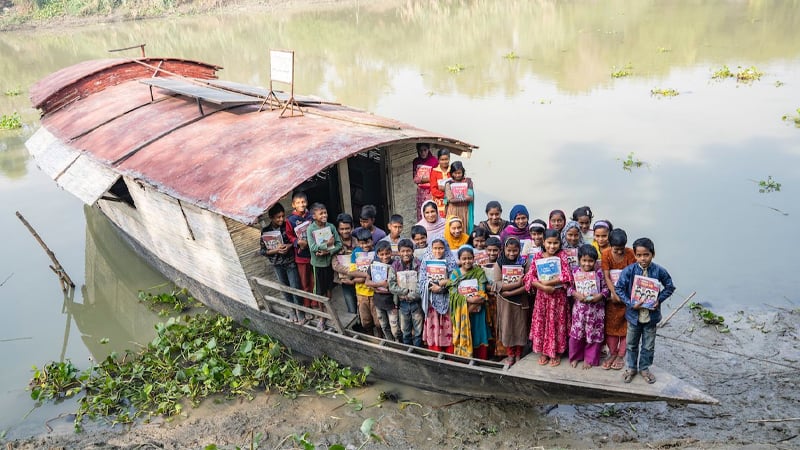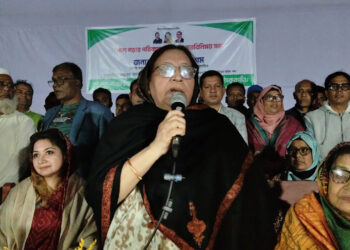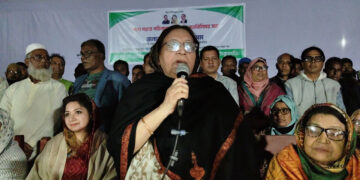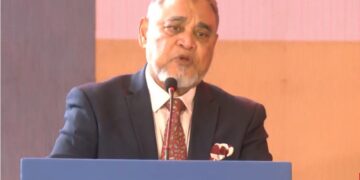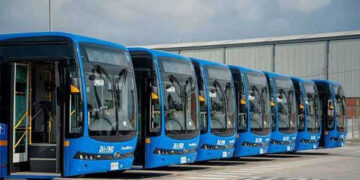Highlights
- Architect Mohammad Rezwan’s solar-powered floating school wins UNESCO’s 2025 Confucius Literacy Prize.
- The initiative provides education in flood-prone regions using boats as schools.
- Over 22,000 students have benefited from more than 100 floating schools, libraries, and clinics.
- The model is now being followed in several countries including Nigeria, Cambodia, and the Philippines.
Education That Floats Above Floodwaters
In the vast waterlands of Chalan Beel in Bangladesh, where schools often shut down during floods, architect Mohammad Rezwan came up with a life-changing idea. In 2002, he transformed a local boat into the world’s first floating school — an innovation designed to ensure children’s education continues even when the villages go underwater.
“১৫ লক্ষ কাস্টমার একুইজিশনের গোপন কৌশল এবার আপনার হাতে “
UNESCO Recognizes the Innovation
Rezwan’s solar-powered floating school, run by Shidhulai Swanirvar Sangstha, has won the UNESCO Confucius Literacy Prize 2025. The award, supported by the Chinese government, recognizes outstanding innovation in education and lifelong learning.
“Grow smarter, not harder —
ঝামেলামুক্ত অনলাইন ব্যবসার শুরু করুন
Storola দিয়ে “
According to Shidhulai’s official statement, UNESCO selected three global initiatives from hundreds of nominations this year — Bangladesh’s floating schools, Ireland’s Learn with NALA e-learning program, and Morocco’s Second Chance School and Inclusive Education Program.
The 20th award ceremony was held on September 27 in Qufu, Shandong Province, China, the birthplace of Confucius.
Read More: “Awami League Has Already Returned Under the Name of NCP”: Mohammad Hizbullah
A Model for Climate-Resilient Education
What started as a small local initiative in the waters of Chalan Beel has now become a global model for education in climate-affected regions. The floating school project has inspired countries such as Nigeria, Cambodia, and the Philippines to develop similar systems to continue schooling during floods.
Bangladesh’s government has also included Rezwan’s project in the National Adaptation Plan 2050, recognizing it as a sustainable approach to education and climate resilience.
Floating Schools Transform Lives
Today, there are over 100 floating schools, libraries, and clinics operating under the project. These schools have already provided literacy and education to more than 22,000 students, many from marginalized communities.
UNESCO praised the initiative, saying:
“Delivering literacy education to marginalized communities in flood-prone areas through locally designed innovation is the key success of these floating schools.”
A Vision for Peace and Equality
Accepting the award, Mohammad Rezwan said,
“শিক্ষা শুধু পড়ালেখা নয়, এটি শান্তি, সমতা ও সহনশীলতা গড়ে তোলে।”
Translation: “Education is not just about learning; it builds peace, equality, and tolerance.”
He added that he hopes literacy and knowledge will empower future generations so that no disaster can stop a child’s education again.
Global Recognition for Bangladesh
Rezwan’s work has also been showcased internationally. A photo exhibition titled “Boat Schools of Bangladesh – Future That Floats” is currently being displayed at France’s National Museum of Immigration History.
Meanwhile, TRT World’s documentary “Bangladesh Turns Tide on Climate Change with Floating Schools” has been selected as a finalist for the Save the Children Global Media Awards 2025. His work is also featured in Julia Watson’s book “Lo—TEK: Design by Radical Indigenism”, which highlights 22 global innovations blending tradition with modern sustainability.
Empowering Women and Communities
Rezwan explained that floods mostly affect women and girls, cutting them off from education. Hence, the project ensures that learning remains accessible, safe, and comfortable even during disasters.
“আমাদের পরামর্শ হলো, যন্ত্রের চেয়ে মানুষকে গুরুত্ব দিন।”
Translation: “Our advice is to value people over machines.”
He emphasized that technology works best when it connects deeply with the lives of learners, adding that these floating schools were built based on local opinions and are managed mainly by women and former students.

